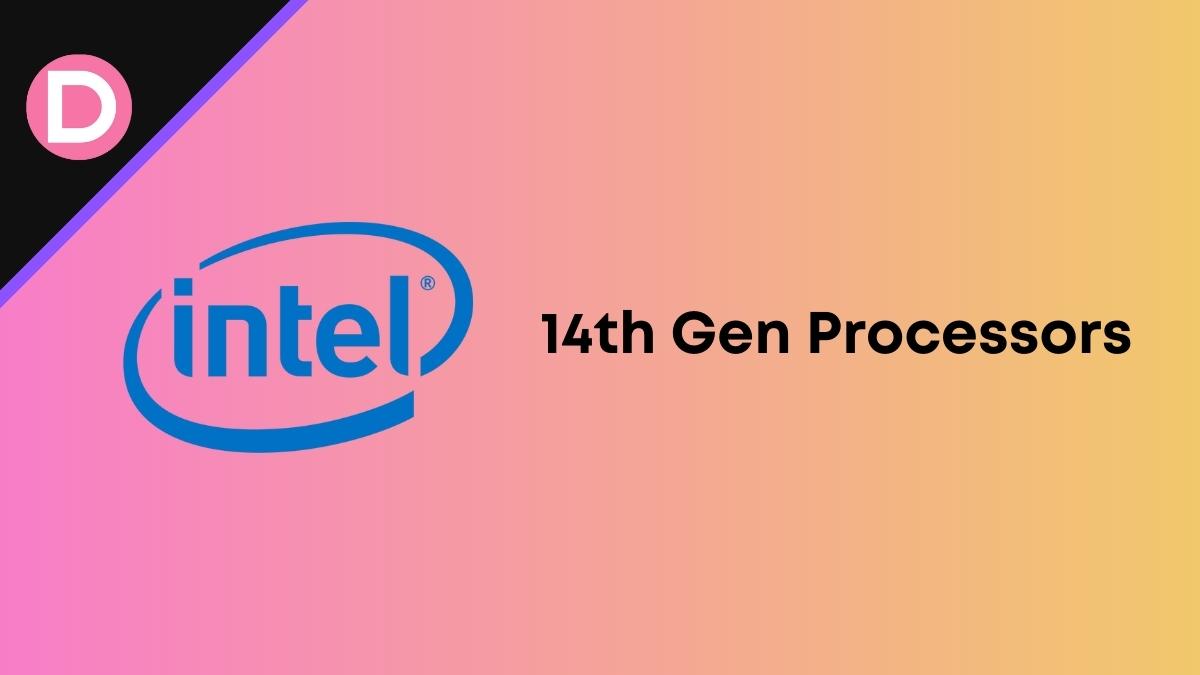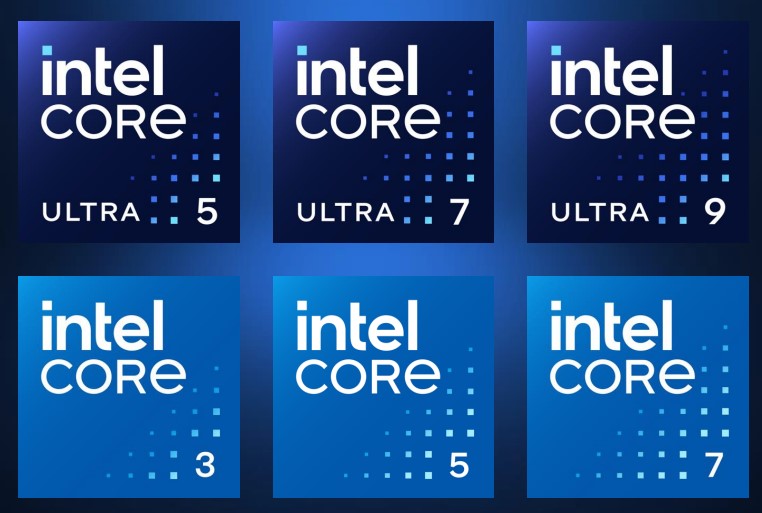Intel is among the few big names in the computer processor market. They have been in business since 1968 and have been very successful. As you may know, Intel refreshes its processor lineup each year once or twice. The same happened around the start of last year, their most recent breakthrough, among many others over the years.
The breakthrough we are discussing came with the 12th generation of Intel processors, called the performance hybrid architecture. This technology divides the architecture of their processors into two parts. They classified all the cores as performance (P-cores) and efficiency (E-cores).
In layman’s terms, the performance cores handle heavy tasks like 3D modeling, graphic design, etc. At the same time, the efficiency cores come into play when the task does not require the maximum potential of the CPU. This assignment of suitable cores is done by what Intel calls the Intel Thread Director. This technology makes these processors more efficient than before.
As of 2023, we currently have the 13th generation Intel CPUs, the second iteration of Intel’s new technology. And we are expecting the 14th generation soon, which we will discuss in this article.
Naming scheme
Intel is not the best when it comes to naming its products. But then, no other CPU manufacturer is great, either. As confirmed by Intel in the past, they will change their naming scheme with their 14th-generation CPUs. The Core i3, Core i5, Core i7, and Core i9 will be renamed Core 3, Core 5, Core 7, and Core 9, respectively.
But wait, there is more. We will also see Core Ultra 5, Core Ultra 7, and Core Ultra 9 chips in the future, which Intel calls the ‘leadership’ models. They are the flagship ones of the lineup.
As for the codename, the 14th-generation Intel CPUs will be called the Meteor Lake processors. However, there is some confusion here too. Many reports suggest that the non-Ultra Core model chips will be called the Raptor Lake Refresh models. For the unaware, Raptor Lake is the codename for the 13th-generation Intel CPU.
Intel Core i9-14900K, i7-14700K, i5-14600K: Specifications
| Processors | Intel Core i5-14600K | Intel Core i7-14700K | Intel Core i9-14900K |
|---|---|---|---|
| Socket | LGA1700 | LGA1700 | LGA1700 |
| P-Cores | 6 | 8 | 8 |
| E-Cores | 8 | 12 | 16 |
| TDP | 125W | 125W | 125W |
| Base Core Frequency | 3.5GHz | 3.4GHz | 3.2GHz |
| Intel Thermal Velocity Boost Technology | N/A | N/A | YES |
| Intel Thermal Velocity Boost Frequency | N/A | N/A | 6.0GHz |
| Intel Turbo Boost Max Technology 3.0 | N/A | YES | YES |
| Intel TBMT3 Frequency | N/A | 5.6GHz | 5.8GHz |
| P-Core Max Turbo Frequency | 5.3GHz | 5.5GHz | 5.7GHz |
| E-Core Max Turbo Frequency | 4.0GHz | 4.3GHz | 4.4GHz |
| Intel Smart Cache | 24MB | 33MB | 36MB |
As per the leak (via Benchlife), the Core i9-14900K may pack 24 cores (8 performance cores and 16 efficiency cores) with a base clock of 3.2GHz and a maximum Thermal Velocity Boost clock of 6.0 GHz under ideal conditions. It can sustain boost clocks up to 5.8GHz thanks to the TVB algorithm available only on this chip. The 14900K will have a 125W base TDP and 253W PL2 power limit, along with 36MB of L3 cache.
The Core i7-14700K may pack a 20-core processor (8 performance and 12 efficiency cores) with a 3.4GHz base clock and a 5.6GHz boost. Without TVB, its max boost is 400MHz lower than the 14900K. The 14700K will boost E-cores to 4.3GHz, a 33MB L3 cache, and a 250W PL2 power limit.
Finally, the Core i5-14600K may pack 14 cores (6 performance, 8 efficiency) with base/boost clocks of 3.5GHz and 5.3GHz. Its E-cores reach 4GHz. Lacking Turbo Boost 3.0, its clocks are 300MHz and 700MHz lower than the 14700K and 14900K. The 14600K will feature a 24MB L3 cache and 230W PL2 power limit.
Performance
According to leaked benchmark scores, the 14th gen Intel CPUs get an increase of around 4% in single-core performance, which is not impressive. But the multi-core performance does boast about an 18% increase, which, on the contrary, is indeed remarkable.
For context, the Core i7-14700K goes to just below the Core i9-13900K, which is currently one of the highest-end CPUs in the world. This is due to the higher clock speeds.
Recent benchmarks of Intel’s upcoming Core i9-14900K and Core i7-14700K processors have emerged online. The benchmarks indicate the Core i9-14900K delivers around 14-20% higher performance on average compared to the Core i7-14700K across various tests.
However, compared to the current Core i9-13900K, the benchmarks show the new Core i9-14900K underperforms by 1-16% in some tests. This suggests the Core i9-14900K may not be operating at its full potential in these early benchmarks.
Release Window and Expected Price
Most leaks and rumors suggest the 14th Gen Intel Meteor Lake processors release will be around October 2023.
As for the price, Intel’s upcoming 14th-generation Core processors are expected to be priced similarly to the current 13th-generation lineup. For example, Core i5 CPUs will likely start around $300, while high-end models like the anticipated Core i9-13900KS could cost $700 or more.
Lastly, we want to mention that Intel has confirmed nothing besides the new naming scheme. Although it is improbable that there will be any last-minute changes, we may still see slight variations in the final products. Also, the benchmark scores could see an increase since it is possible that the leaked benchmark scores were obtained in a premature phase of the development of the chips.












